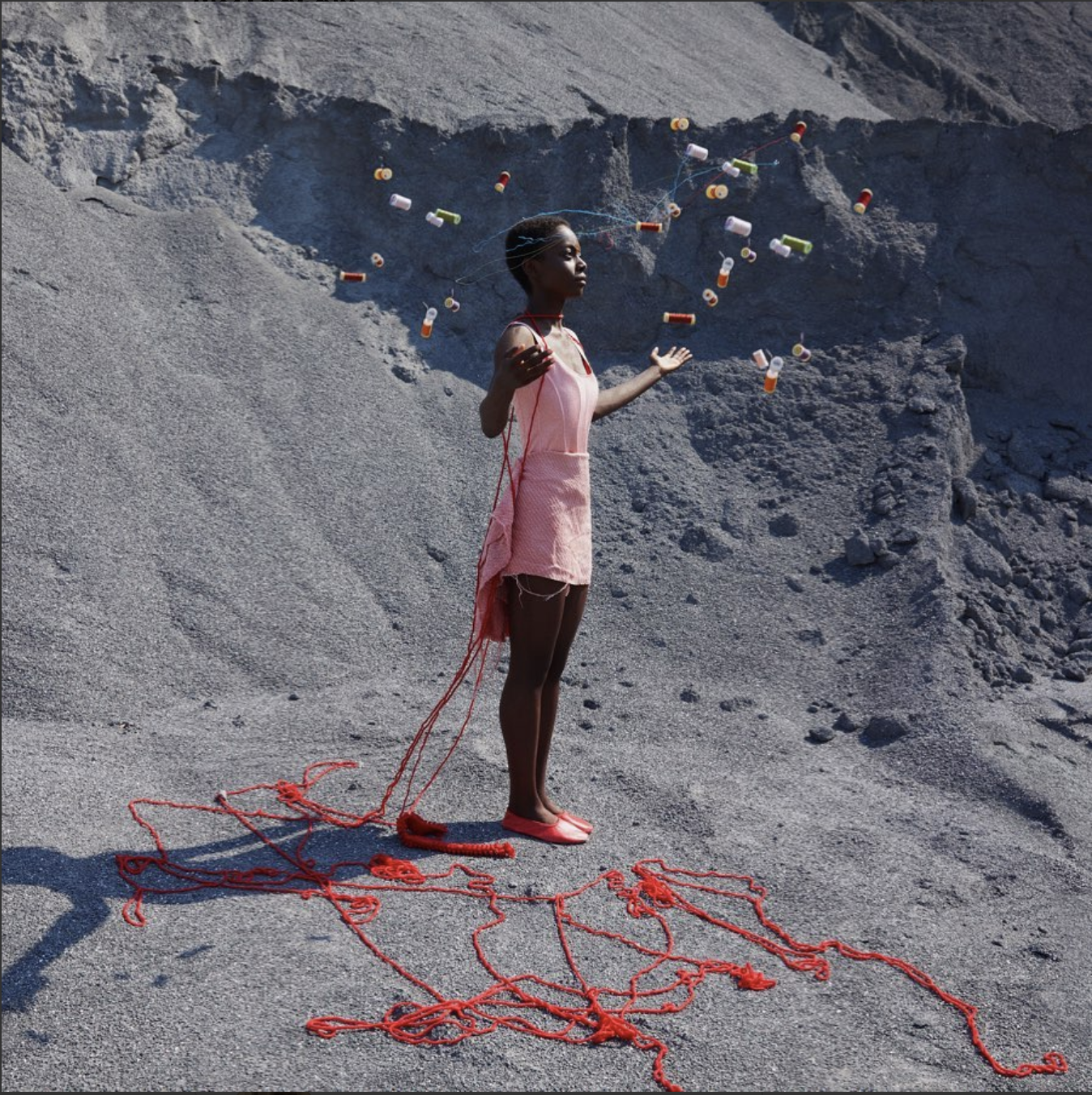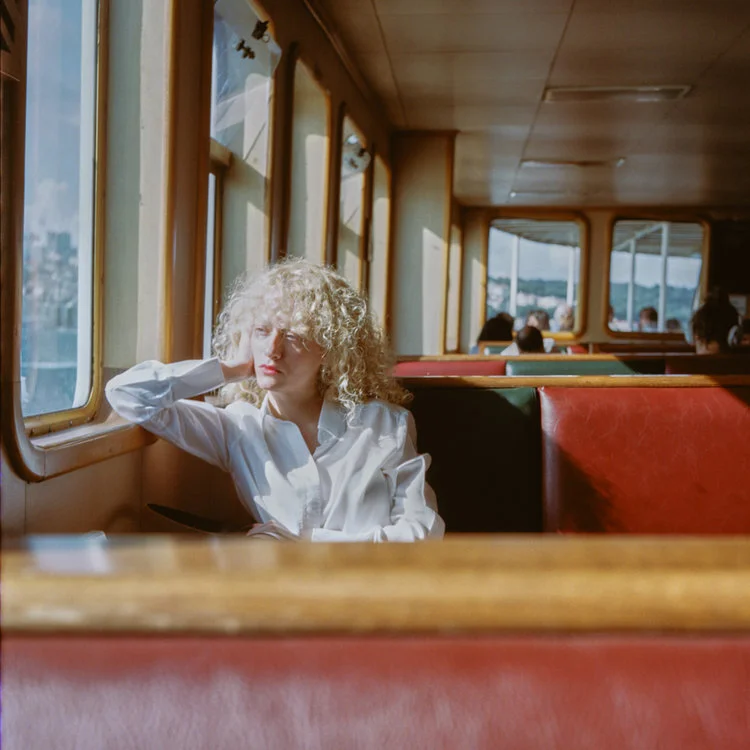Tuğsem Soner
Born & Living: Instanbul, Turkey
Interview by Speciwomen — July 2019
Speciwomen: Tell us about yourself.
Tuğsem Soner: I am Tuğsem, I am the designer and creative director of O'CLOTHO from Istanbul. I’m chasing my dreams and my passions. I’m not afraid of dreaming of another one when one may fall apart. That’s how I introduce myself.
S: What inspired your brand and what would you like to achieve with it?
TS: I live and work in Istanbul. Istanbul is a huge city with a long history and culture and it has a unique chaos. This chaos is as tiring as it is inspiring.
There is a tale or a dream world where we all feel good from time to time. This world we live in can be music, literature, or cinema. I often find myself in a warm ancient Aegean tale, escaping from this chaos, and I know that I share the same dream with hundreds of people like me.
O'CLOTHO is built on this dream and has made respect for human labor and nature a main mission. Referring to Greek mythology with its name, it points out a desire for re-spinning the thread of fashion with the emphasis of “Clotho”, and to its timelessness with the connotation of “o’clock”.
O'CLOTHO is inspired by nature, city and art.
S: When did your interest in fashion come about?
TS: I was doing modeling for my photographer friend’s portfolio at university. In time, I found myself as a pro-am "petite model”. In the meantime, I had started to question the appearance of women in the media and in fashion. I realized that I could find the answers on the factory floor. One day, when I was looking at my mother’s youth photos, I saw that she was wearing her own designs and showing her works on a school runway. I knew her story: she had left her dreams because of her family’s financial difficulty. Just then, I decided to make her dreams come true.
S: What sparked the beginning of your career/studies as a designer?
TS: I had the opportunity to be a part of creating a new brand when I was assisting a fashion designer. We re-designed secondhand or forgotten clothes and accessories and brought them together. I met the concept of sustainable fashion and started to give workshops under the brand name. During that period, I had plenty of opportunities to read articles, books, and watch documentary films. Then I realized that I wanted to try to be part of the revolution of fashion. I've decided to represent my aesthetic, everything I've been inspired by through many disciplines, into my designs for a sustainable fashion idea. In that time, I was also taking drawing lessons and participating in fashion workshops. I was learning, and it gave me the opportunity to share what I learned in a creative way.
S: Describe your aesthetic in six words.
TS: Postmodern, interdisciplinary, warm, flashy, bold, and clean.
S: Who are the top three designers you’d like to work with?
TS: Phoebe Philo is one of my inspirations because of her aesthetic. Also, Calvin Klein, at his 90s minimalism. Stella McCartney: especially on her sustainable fashion line.
S: Now, who are three designers—or trends—you think are overrated?
TS: I think that all designers who are using materials identified as unhealthy or polluting the environment, or non fair-trade, are overrated.
S: What about designing is more liberating than other artistic forms?
TS: Fashion is never fixed, or stationary, and its meaning evolves over time. Change is the defining essence of fashion. It doesn't let me stay in my comfort zone. That's why fashion designers never work on a single discipline. That's what excites me the most.
S: As a woman in the industry, what have your experiences been like?
TS: I live in a patriarchal society. In comparison with the West, the obstacles of life and work for female identifying people are tougher in Istanbul’s geography. I believe that self-censoring is the biggest obstacle of the fashion industry in our country. I started this job with my respect for the female body in mind, and it is really difficult to live and work with people who are afraid of the female body. On a more positive side, the contemporary perspective developed in the 20th century prefers to see fashion as an instrument rather than as a goal. For this reason, fashion is a suitable space for women to create their own source of power.
S: Have you ever had your clothes commercialized? If so, where can we buy your clothes?
TS: I’m trying to express myself, my vision, and my priorities from my social media accounts. Social media enables me to show my portfolio and my designs. I’ve also received some great feedback on social media. As of now, I only sell through Instagram. It's great for me to be in direct contact with the buyers because it fuels me to have my job be with people. But soon I will not be able to keep up with this speed and my online sales will start on a website, and I am working on getting my sales online in order to keep up with the speed of orders.
Photography by Eylül Ezik for Speciwomen
Tuğsem Soner is the designer and creative director of O'CLOTHO from Istanbul.


